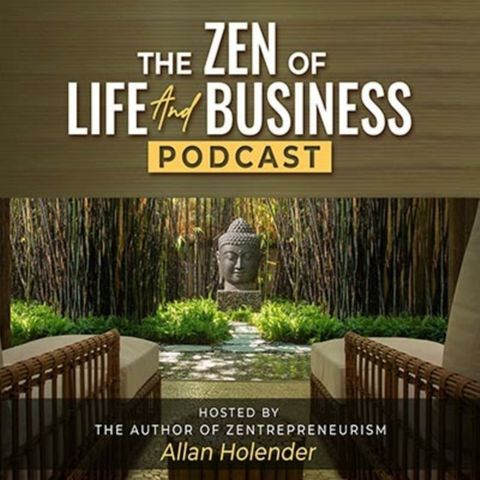22 NOV 2023 · On today's episode I'm going to look at how winning and losing shapes our lives, and why our society and big business has endorsed and even perpetuated the addiction. According to psychology professor Ian Robertson, of Trinity College in Dublin, "Winning's probably the single most important thing in shaping people's lives." Robertson has studied winning, and what winning can mean. "All species have hierarchies," he told Spencer. "And your position in that hierarchy will determine your health, your mental function, your mood."Robertson argues in his book, "The Winner Effect," that the reason it's so much fun to win is largely chemical. "Winning increases testosterone, which in turn increases the chemical messenger dopamine, and that dopamine hits the reward network in the brain, which makes us feel better." Feel better . . . and, it seems, even live longer. It turns out Nobel Prize winners outlive the also-brilliant Nobel nominees by roughly two years. Baseball players who make it into the Hall of Fame have a couple of years on players who are turned away. In Hollywood, it's really Winner Takes All: Academy Award-winners live, on average, four years longer than other actors. Olympians aren't the only ones who hate coming up short. We ALL do, and that keeps business booming for sports psychologist William Wiener. His clients -- from pro athletes to Little Leaguers (and, of course, their parents) -- have one thing in common, he says: "In their minds, losing is catastrophic." There's always going to be a major emphasis on winning, because that's just the way society is. That's just the way our culture is: That you want to be number one at the end. And if you're number two, at times, there's no doubt that number two is looked upon as mediocre, as a person that didn't achieve it, sometimes as losers." --- Send in a voice message: https://podcasters.spotify.com/pod/show/allan-holender2/message


